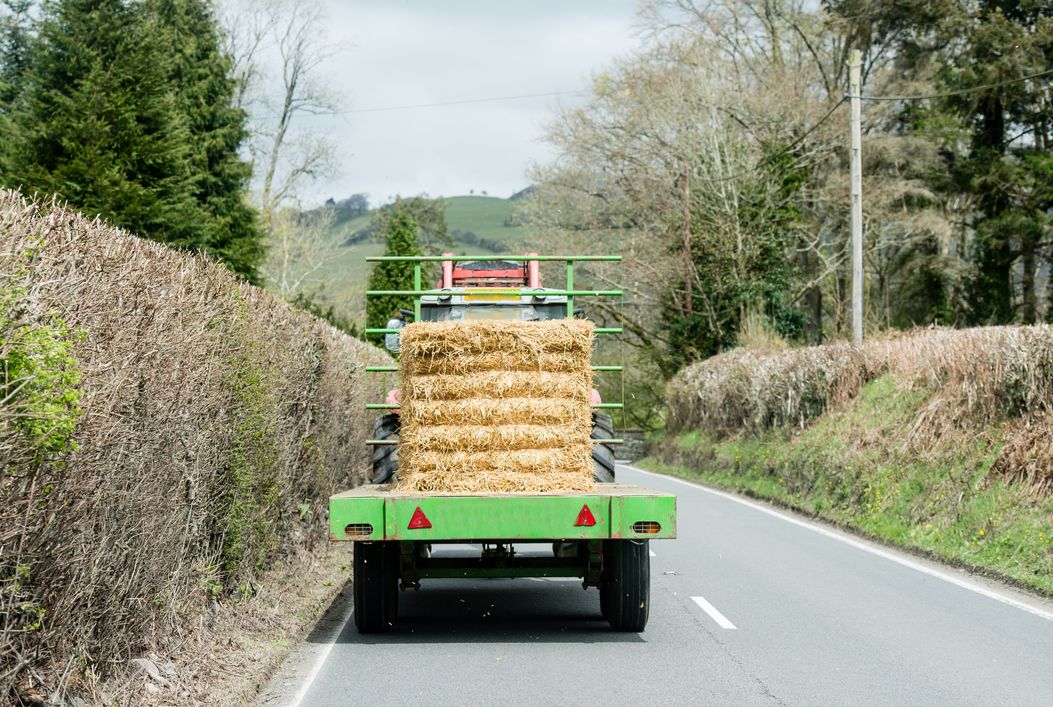Implemented on May 20th, changes have been made to the way MOTs are carried out –impacting commercial businesses with fleet vehicles across the country.
The changes affect cars, vans, motorcycles and other light passenger vehicles – although vehicles over 40 years old are now exempt from MOT checks, provided they’re kept in roadworthy condition. These changes not only affect the owners of the vehicles but the testers themselves and how they communicate the result of an MOT.
Fault classification changes
The way faults are classified during checks has had a major revamp in the new MOT testing process. Previously, a car either passed or failed its MOT and testers could make owners aware of any defects they believed to be dangerous. Now, all ‘dangerous’ areas are pre-defined, which means they are no longer defined as dangerous by the discretion of the tester.
Any failure areas which aren’t considered as dangerous are now classed as ‘major’ defects. Individual checks fit under five categories – dangerous, major, minor, advisory and pass. If a tester finds any dangerous or major defects, the vehicle will fail the MOT. If all defects are classed as minor, advisory or pass, the vehicle will pass.
The MOT rules state that a car with a fault classified as ‘dangerous’ should not be driven until the fault has been fixed. MotorEasy has raised concerns with this and state:
“Unscrupulous businesses could not only make customers feel they’re unable to take their car away if it fails, but could also hold the customer to ransom over parts and labour prices as a result. After all, if you think you can’t drive the car away, you lose all your negotiation power.”
They argue that whilst the wording of the new rules states that the car should not be driven until the work is complete, garages cannot stop drivers from driving the car, regardless of the classification of the failure. This means that when getting an MOT carried out, they need to be done so by a trusted and reliable tester and businesses should aim to get a check completed where they intend for any repair work to take place. Despite the fact garages cannot stop a car from leaving with a dangerous fault, driving a car with a known dangerous defect is an offence and could result in a fine or penalty points.
Stricter rules for Diesel
There are now stricter limits for diesel car emissions with a diesel particulate filter (DPF). If the tester can see smoke of any colour coming from the exhaust or finds that the DPF has been tampered with, this will be classed as a ‘major’ fault and the vehicle will fail the MOT. These tougher standards have meant that all testers will be using diesel smoke meters to measure this and as a number of fleet vehicles are diesel, this should be considered and communicated between fleet owners and drivers.
New checks included during MOT
A number of new checks are now included in the MOT, which could affect your fleet vehicles going forward. There has also been a change in the resulting MOT certificate, meaning the defects will be laid out under new categories and formatted in a different style.
Additional checks:
- Obviously underinflated tyres
- Contaminated brake fluid
- Fluid leaks causing environmental risk
- Brake pad warning lights & missing brake pads/discs
- Reversing lights on vehicles first used from September 1 2009
- Headlight washers on vehicles first used from September 1 2009 (if they have them)
- Daytime running lights on vehicles first used from March 1 2018 (most of these vehicles will have their first MOT in 2021 when they’re 3 years old)
So what do these changes mean for fleet drivers? Some people have suggested that early MOT checks are no longer advisable, however, there’s an argument that it is wise to get MOT tests done for all your vehicles in plenty of time because the law states that a vehicle needs to both be up-to-date with its MOT and roadworthy. Furthermore, you don’t want to be left without the use of the vehicle whilst the changes are being made without having backup plans in place.
Additionally, communication is now even more essential between company vehicle owners and drivers with MOT testers. Dan Joyce, a business manager for Kwik Fit Fleet, believed that “existing fleet policies of owner/operator fleets, contract hire and leasing companies and fleet management companies may contradict what is deemed to be a ‘dangerous’, ‘major’ or ‘minor’ defect under the new MOT rules.” This again reinforces the importance of having a relationship of trust with whoever conducts your MOT check.
To discuss any elements of your fleet insurance, contact us on 01653 697055 or by emailing commercial@networkportfolio.co.uk/mcclarroninsurance.com.
Sources:
https://mattersoftesting.blog.gov.uk/how-the-new-mot-defect-categories-will-work/
























